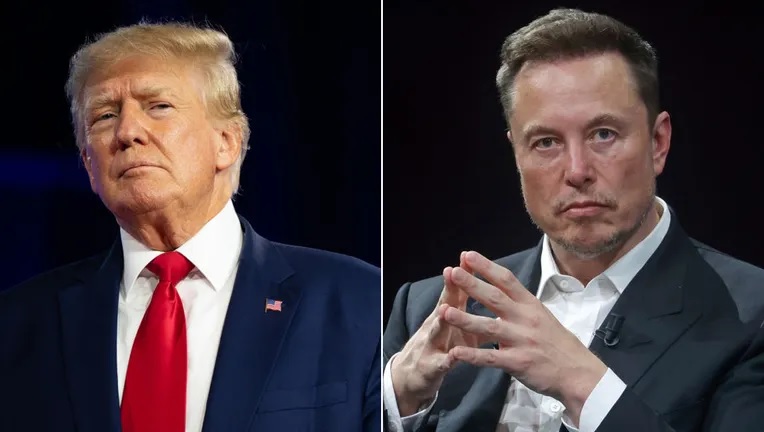The word “engineer” evokes strong impressions. What comes to mind when you think of an engineer? Smart, precocious, intelligent, socially awkward, nerdy, math and science-oriented, knowledgeable, creative, affluent to wealthy, analytical, problem-solver. Early in my career, I noticed that engineers made up a significant percentage of CEOs, executives, and top business leaders.
A recent article in CEO Magazine titled “Why Are Most CEOs Engineers?” highlighted that engineers excel as executives due to their systems-thinking mindset, problem-solving skills, and determination.
During a lunch conversation this week, a friend mentioned the common idea of going to college to become an engineer. I propose a different perspective: by age 16, most who pursue engineering already have the mindset. It’s a way of thinking, a way of understanding how the world works. College is where they refine their skills and broaden their knowledge. Some don’t even finish their degrees but still excel in the field.
As a professor of electrical engineering, I observed that students fall into three groups: the lower group won’t let you help them, the middle group benefits the most from guidance, and the upper group is already so capable that the best thing you can do is not interfere. By the time they reach university, their trajectory is often set.
It was inspiring to watch these young, under-22-year-old wunderkinds. They don’t know what they can’t do. Much of the field’s creativity comes from those under 40. As we mature, we rely on experience, which is valuable but doesn’t push the boundaries of innovation.
The co-author asserts that engineers are different, and we embrace that image.
DOGE (Elon Musk’s Department of Government Efficiency) has transformed the world and government through the work of six young engineers. Their systems-thinking approach allows them to uncover corruption in hours by following the money. Money, to a computer, is just numbers. Over the past few months, they’ve developed algorithms to track money flow, identify patterns, and penetrate systems that would be incomprehensible without computer mapping. To these engineers, it’s just another energy flow problem.
As government contractors, authorized by the Constitution, they are unconstrained by tradition, relationships, or personal gain. Their satisfaction comes from solving problems no one else has tackled. They are at the forefront of their careers, with their reputations already cemented in history.
Their boss, Elon Musk, is one of them. Born an engineer, with a father who was also an engineer, Musk studied physics and economics. Interestingly, he graduated from the University of Pennsylvania, the same alma mater as President Trump. The university, founded by Benjamin Franklin, continues to foster revolutionary thinkers.
Musk has solved monumental problems: SpaceX surpassed NASA and Boeing, he revolutionized electric vehicles, and he dominates satellite communications. What’s left? Fixing the government. That’s his reward. And while engineers don’t shy away from monetary rewards, their primary drive is solving problems.
Why have President Trump, a builder, and Elon Musk, an engineer, formed such a symbiotic team? The showman and people-person meets the problem-solver less interested in people management. It’s a classic partnership.
The engineer wants to fix things, while the people-pleaser, on a mission from God, is the frontman.
I recall a lunch with a client, an oil and gas executive and former state senate leader, who observed, “You would have difficulty in politics. Why? You want to fix things.” Politics, he implied, isn’t about solving problems but about everyone getting a piece of the pie.
Back to DOGE: when problem-solvers with the authority to “fix it” collide with entrenched politics, a cataclysm is inevitable. A plaque on my bookshelf reads, “Engineers don’t run the world – but they make it run.”
Thank you, Mr. President, for having a plan to “fix it.” Thank you, Elon, for having the skills and assembling a team that can and will do it. Engineers fix what others fear to touch.
Think about it: one leader with a mission, one leader with the skills, and six wunderkind engineers disrupting a wobbling political ecosystem to stabilize society. It’s reminiscent of the Founding Fathers. George Washington was an engineer, Benjamin Franklin a pioneer in electrical engineering, and Thomas Jefferson an architectural engineer. DOGE is in good company.
 Telegram is where we really talk. Don't miss out!
Telegram is where we really talk. Don't miss out!






